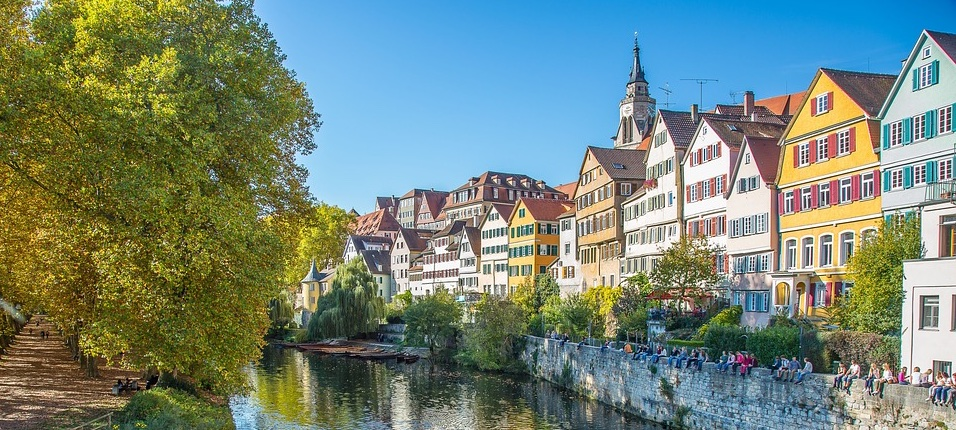Speaker
Description
Future colliders, such as the Future Circular Collider (FCC-hh/ee), muon collider (MC), or electron-Ion collider pose different demands on detector mechanics and thermal performance. A common design criteria is low support mass and optimal thermal performance to effectively cool active detectors. Depending on the physics goals the support mechanics should only have between ~0.1 to 1% X_0 (radiation length) of material budget per layer. Carbon fiber composite materials allow for the development of scalable low-mass tracking detector systems with integrated services/cooling, which allows to reduce material budget substantially while maintaining a precise and low-mass optimized manufacturing process. We report on progress towards these goals with actual prototypes, coolant pressure-tests as well as detailed finite element analysis to optimize the thermal performance and confront them with data from first physical prototypes.
